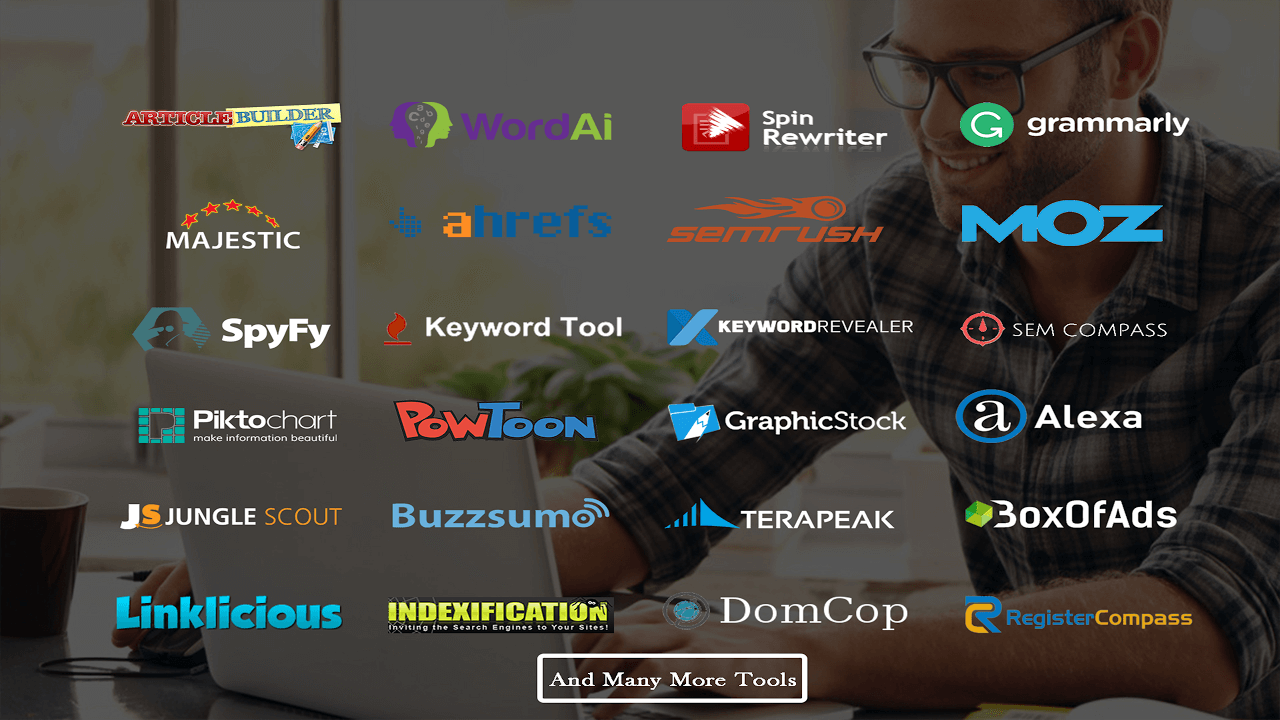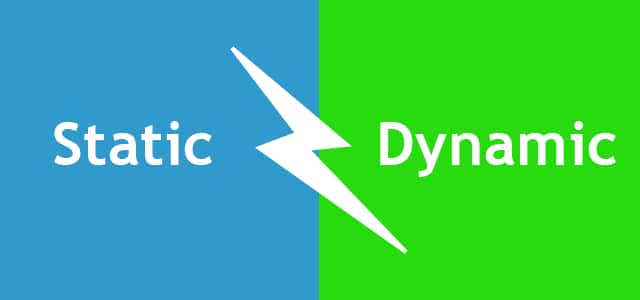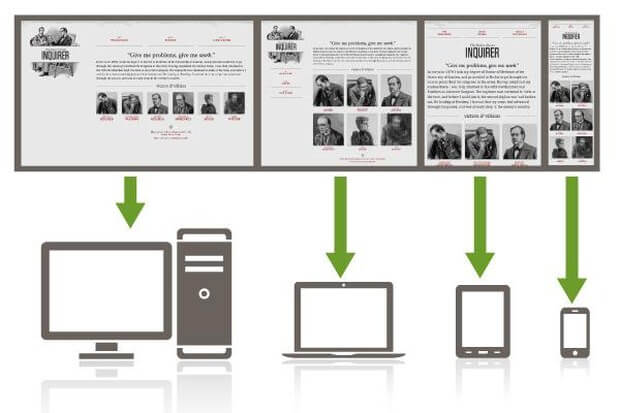Nowadays consumers expect personalized products and experiences that help them express themselves. As a result, businesses are ditching the mass-production paradigm and are pivoting towards customized services. In order to do so, they use powerful software solutions called product configurators.
Defining Product Configurators
A product configurator is a sophisticated piece of software that directs users toward choosing the specifications they for looking for in a product or service.
It does so by handling rules that enable the user to finish a task.
Only after the product configurator software tool approves an input can a user keep customizing the item. These flexible solutions are able to configure products by carrying out a complex process of creating and validating business rules.
Accurate Quotes
Instead of manually creating quotes and product specifications, companies use configurator tools to automate this operation, which accelerates the sales process and reduces mistakes.
Advantages of Configuring Products
Business software solutions that can be used by both the staff and clients alike give organizations the ability to determine who has access to the configured product.
Companies can also enjoy greater control over the manufacturing or product process by streamlining communication internally and with end-users and clients.
Improved Sales Processes
Only a third of sales reps’ time is spent converting prospects and selling. Creating quotes and proposals takes up a large part of their time.
In order to enhance the sales process, companies rely on product configurators to quickly and accurately create quotes, while cutting down on approval time and onboarding of new employees.
Enhance Business Operations
There is a lot that goes into assisting customers in choosing different configurations — handling several factors, such as pricing, costs, quotes, and raw materials.
Historically, vital data related to the sales process was stored in different systems or on various desktop computers across many departments. Unsurprisingly, this resulted in stale or incomplete data because there’d be countless versions of documents dispersed around various departments.
Product configurators are deployed to do away with inaccurate data.
Configurator Tools In Different Industries
Let’s take a more detailed look at how product configuration grants businesses a competitive edge over companies in their respective industries.
E-Commerce
Product configurators used by online retailers enable users to customize their purchases in real-time. Customers can select the size, price, materials, design, and a wide range of other options to meet their specific requirements.
The Insurance Industry
Prospective policyholders are frequently required to complete a questionnaire before purchasing life insurance. That’s why insurers use configurators to update relevant questions and the algorithm that determines rates.
Product Configurators Are Powered by Business Rules
When properly deployed, a product configuration tool can take your business to extraordinary levels. However, a business rules engine is a necessary component for every successful and user-friendly product configurator.
Rules engines run business rules, which are conditional “if-then” statements that enable product configurators to select appropriate options.
A rules-powered product configurator helps companies:
- Remove ineffective manual processes that use outdated tools such as spreadsheets.
- Enable customers and end-users to configure complicated products on their own and to their liking.
- Scale without costly investments into complex IT infrastructure
These are only some of the ways that product configurators can significantly simplify the quote-to-order and the production process.








